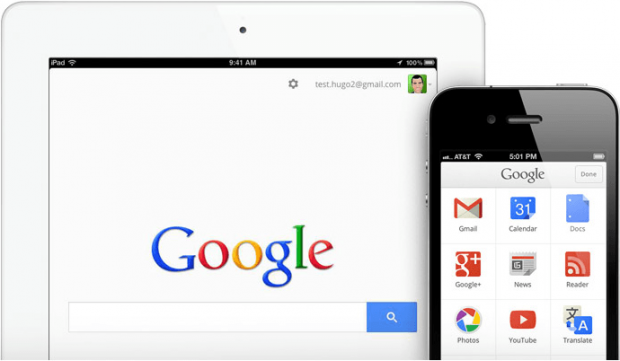After Apple dumped Google Maps from iOS 6 in favor of its homegrown and epically bad iOS Maps, Google started working on a standalone version of Google Maps for iOS. On Monday a rumor circled the blog-o-sphere that Google is working on a standalone Google Maps app for iOS that will probably be ready by the end of the year; however, Google is “not optimistic” that Apple will approve Google Maps to appear on Apple App Store.
Being a rumor, it could very well be unfounded and inaccurate. So don’t start freaking out until we have news from official sources. However, what if Apple does indeed reject Google Map from appearing in the App Store. After all, history shows Apple has no issues with rejecting apps, no matter who the apps are from. Would rejecting Google Maps constitute anti-competitive behavior? Would (should) a rejection of Google Maps trigger legal action against Apple by watchdog agencies like the FTC and or EU Competition Commission?
For the answer to the first question, I am going to say a definite yes. I’m not sure what the legal definition is for “anti-competitive behavior” (I’m sure it varies from country to country anyway), nor am I a legal expert. However, simply looking at it from a pro-competition perspective, Apple denying a developer (in this case, Google) access to Apple App Store is essentially cutting them off from accessing the millions if iDevice owners. As a regulator of a platform used by millions of people, Apple has a duty to ensure fair developer access to iOS. Any rejection of an app based purely on the reasoning that Apple wants its customers to move away from Google products or that Apple wants people to use iOS Maps is, in my mind, the epitome of anti-competitive behavior.
The second question, the one about if rejection of Google Maps will or should trigger legal action against Apple, is a bit more tricky. As I said before, I’m no legal expert so I may be wrong; however, from what I remember from high school government classes, for an entity to be anti-competitive it needs to hold the majority marketshare in whatever is being discussed. As luck may have it, iOS actually is not the most popular mobile operating system — Android is, if you count smartphones and tablets in one bucket. (If broken down, Android dominates smartphones while iOS dominates tablets, but that tablet lead is quickly diminishing.) Because iOS does not hold the lion’s share of the mobile market, can Apple legally be considered anti-competitive for selectively allowing developer access to App Store? I’m not sure. Personally speaking, if Google can be held accountable for pushing its services over the competition on Google Search, and Microsoft must give users the choice of third-party browsers in Windows, then Apple should be forced to allow unbiased access to App Store. The issue, however, is the law doesn’t necessarily always make sense.
Alternatively, we could simply let all companies do what they wish with their respective platforms and domains. In fact, I’ve been mighty vocal how I think the EU is stupid for forcing Microsoft to display a browser choice screen in Windows. However, the issue at hand is we, as a global society, probably don’t want a return to laissez-faire economics.
What is everyone’s opinion on this matter? Let it rip in the comments below!

 Email article
Email article




